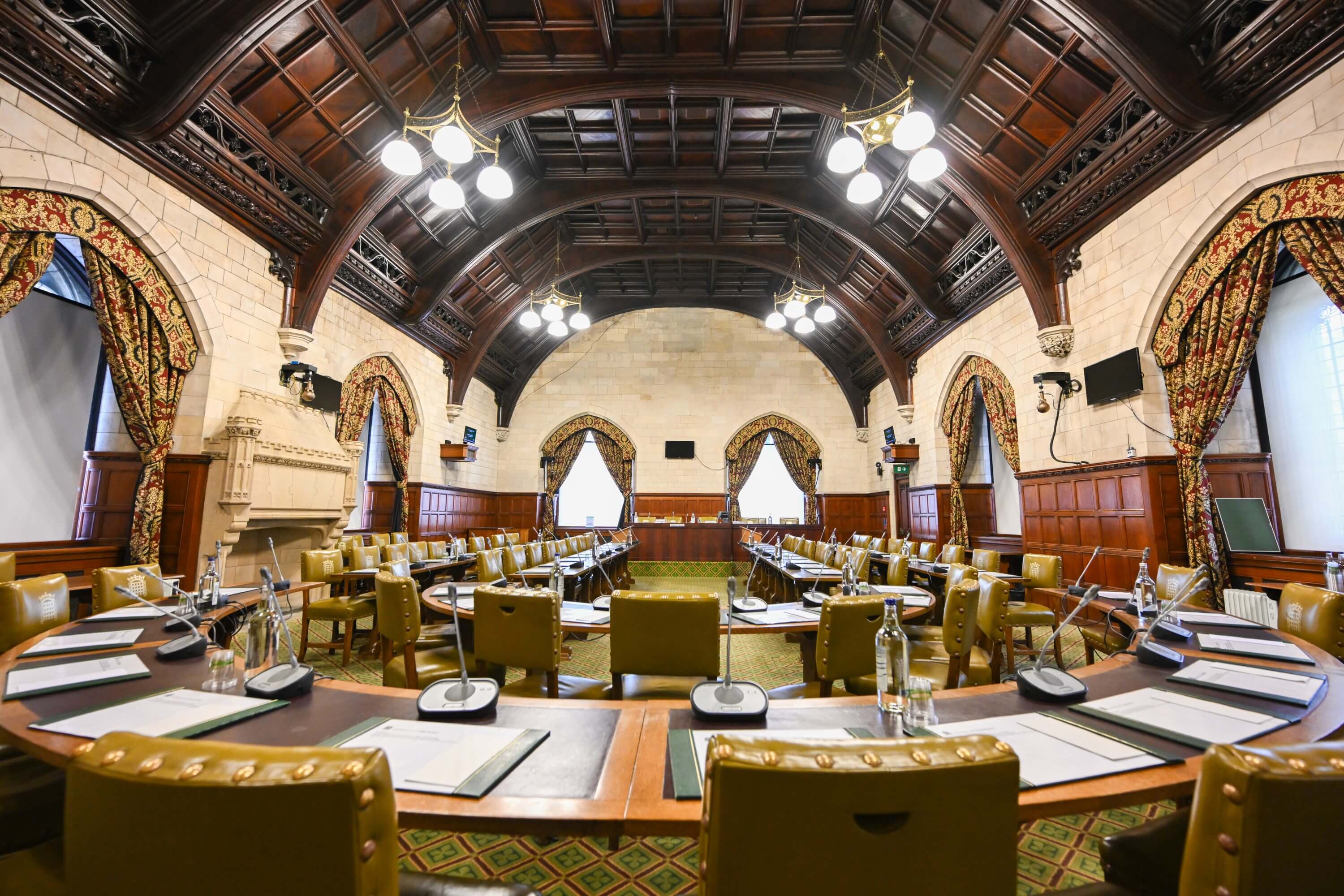Access to migraine treatment
Your experiences shared for a parliamentary debate
20 March 2024

On Wednesday 20 March, Dehenna Davison MP led a Westminster Hall debate on access to migraine treatment.
Many thanks to the 575 people who shared their experiences of this topic. The MP told many of your stories in the debate.
Page contents:
- Thank you message from Dehenna Davison
- Video: sharing the public's stories in the debate
- Links to watch the full debate or read the transcript
- The Government's response
- A debate explainer.
“With 10 million people in the UK living with migraine, I was so pleased to have been able to secure this very important Westminster Hall debate on Wednesday.
“A huge thank you to those that took part in our survey to share your views and experiences. I told many of your stories during the debate, and all your testimonies were incredibly useful and moving.
“We raised the serious issues so many are facing with accessing effective treatments, and I am pleased that the Minister has agreed to meet me to see what steps we can take to improve access.
“There's much more to do, but this is a step in the right direction in ensuring the millions of people across the UK that suffer from migraine are able to live a life free from pain.”

Video: sharing the public's stories

Resources and support links

House of Commons Library
Relevant research:
- Access to migraine treatment (March 2024)
Support links
- NHS: Migraine
- The Migraine Trust: Get support
The Government's response

Health minister, Andrew Stephenson MP, responded to the debate on behalf of the Government.
He described the Government's current policies and future ambitions related to the debate topic.
Watch or read his full speech for details, where he covers a range of topics, including:
- The National Institute for Health and Care Excellence (NICE) guidelines on headaches, which sets out best practice for the care, treatment and support of people who suffer from headaches and migraine
- NICE’s Clinical Knowledge Summary on migraine, which supports decision making and improves standards of patient care
- NICE’s guidance which recommends Rimegepant for the acute treatment of migraine, as well as for preventing episodic migraine where at least three preventative treatments have failed
- E-learning resources developed by the Royal College of General Practitioners to update primary care clinicians on the nature of migraine, the differential diagnoses and how to approach a patient with headache
- The Getting It Right First Time (GIRFT) Programme’s National Specialty Report for Neurology, which made several recommendations applicable to migraine
- The National Institute for Health Research's ongoing research into migraine, including studies on prevention and treatment of migraine as well as resources and training on self-management.
What is a Westminster Hall debate?
Westminster Hall debates enable backbench MPs from any party to raise an issue, and receive a response from the government.
They do not involve a vote on a particular action or decision.
Instead, the aim is to:
- raise awareness of an issue, often as part of a wider campaign
- seek to influence government policy
- put the views of backbench MPs, opposition parties, and the government on record.
For more on Westminster Hall debates, see How Parliament Works.

Photo credit: UK Parliament / Jessica Taylor
